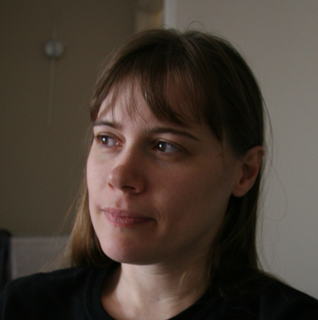A Quote by Ha-Joon Chang
Charities are now working to give people in poor countries access to the Internet. But shouldn't we spend that money on providing health clinics and safe water? Aren't these things more relevant? I have no intention of downplaying the importance of the Internet, but its impact has been exaggerated.
Related Quotes
With the internet we are facing more or less a very similar story. It does offer virtually limitless access to entertainment and for many people living in extremely depressing conditions in authoritarian states, it does provide a vehicle for getting by. For many oppositional movements, the internet, while providing the opportunity to distribute information more quickly and cheaper, may have actually made their struggle more difficult in the long run.
You don't owe the internet your time. Your time is yours, whatever time you give the internet is a gift. The internet does not know this, and it will never learn. Time is the most precious thing you have. More than money, or land, or prestige, or any valuable thing you can think of, a life is measured in time. The sooner you walk away from a useless fight, the more of it you get to have.
(Howard Dean) is proving that the Internet is a better, cheaper, and faster way to raise money than the old glad-handing of special interests and fat cat donors. He's also about to demonstrate that the Internet is a better place to spend campaign dollars than are TV stations and media time buys. The fact that Internet communications is free makes one-on-one retail politics more effective, more rapid, and less costly than mass communication.
In the Internet world, both ends essentially pay for access to the Internet system, and so the providers of access get compensated by the users at each end. My big concern is that suddenly access providers want to step in the middle and create a toll road to limit customers' ability to get access to services of their choice even though they have paid for access to the network in the first place.




































